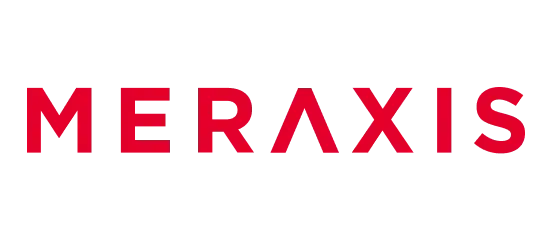As the digitalization of businesses approaches, the evolution of custom software pricing models have experienced an increment within the industry. Businesses nowadays seek for a solution driven by the elements of flexibility and innovation in comparison to relatively traditional approaches. Old-school methods include fixed-price contracts as well as outcome-based pricing. Such a shift in the market needs align with why businesses are now focusing their direction in rethinking traditional pricing approaches. One of the reasons why businesses now prioritize modern pricing methods is due to the unpredictable project needs. Occasionally, projects may be faced with a fluctuation in its demands. Hence, the flexibility provided by custom software pricing models allow businesses to adopt a tailor-made software development that meets its operational priorities. Agile methodologies are now seeing a trend in its utilization to which businesses ought to keep up with its pace.
The concept of a ‘Pay What You Get’ is directly poised as an alignment of payment that resonates with the product delivered to the customer. Within the industry of software development services, this concept promotes power to clients by providing them the opportunity to make payments for a particular software based on their perception on the quality of the product. Such perception can be influenced by the quality of the software as well as their initial expectations. This provides a form of incentivization to software developers to innovate a software that aligns with their requests or even take a step further to exceed their expectations. This subsequently allows businesses to form a relationship based on trust with its clients as they will be able to apprehend that the leverage lies with them. Thus, this directly contributes to boosting morale amongst the software developers are they are able to build an incentive-based system to create innovations that are of the highest quality.
Understanding Custom Software Pricing Models
Custom software pricing models are defined by the payment made by a customer’s end for the software development services conducted on their requests or needs. There lies several approaches that are widely used for custom software pricing models.
One of the methods is by means of a fixed-price model. This approach sets out a price for the project as a whole in accordance to a predetermined scope. Customers are thus able to predict costs in order to manage their budgets prior to demonstrating full financial commitment. As for a time and material model, this pricing approach is pursuant to the hours and materials devoted towards the software development process. This allows software developers to have a space to adapt those priorities based on their resources devoted into the process of the project’s development.
With regards to value-based models, it is dependent on costs that are attached to the perceived or realistic value of a software delivered to the customer in comparison to it depending on the time and money devoted into the software development. This approach allows customers to instill more trust into the business.
End-to-end project is a comprehensive service designed to bring an entire project to life, covering every stage from initial planning to final deployment. It delivers a fully functional, customized product tailored to specific business needs and objectives. This approach ensures complete end-to-end development, with meticulous management of all aspects of the project to guarantee a smooth process and a flawless result. Leveraging deep industry knowledge and technical expertise, Full Project Build focuses on time and cost efficiency, dedicating resources to deliver high-quality outcomes within set timelines and budgets, through milestone-based payment system aligned with project deliverables, ensuring transparency and scalability based on the project's scope and requirements
The Dedicated Teams model provides a dedicated team that seamlessly integrates into an organization, fostering long-term collaboration and stability. This approach ensures deep alignment with business goals and methodologies, enabling consistent quality and continuous improvement in ongoing projects or continuous support needs. By operating as an extension of the internal team, Retained Teams deliver predictable results with the advantages of fixed monthly costs, simplifying budgeting while driving sustained innovation and excellence.
Client Challenges: By balancing traditional custom software development pricing models to the novel pricing models, the former has its own set of inevitable challenges. Customers tend to experience obstacles with regards to lack of flexibility, potential budget overruns, or even a compromise of quality within the softwares.











